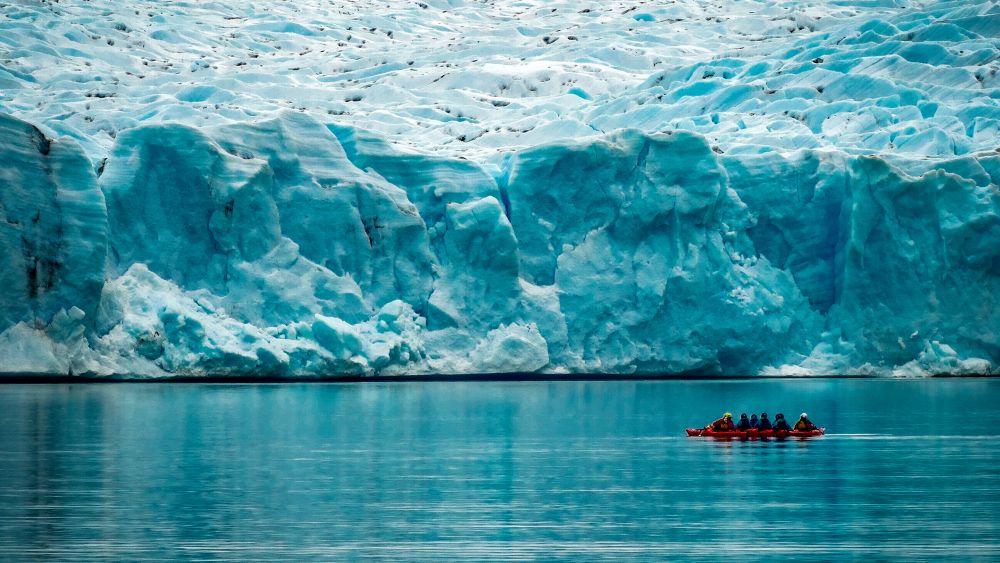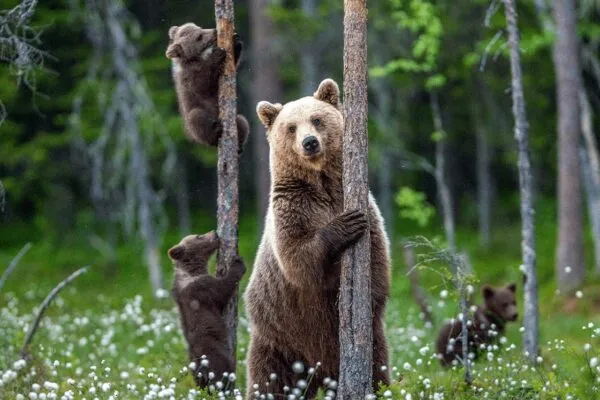Nights are Warming Faster than Days Owing to Global Warming, Finds Study
There used to be a time when outdoor activities were adored and practiced much. But, like many other things, outdoor activities have become rare in times of global warming. The planet has been heating up and the global average temperature has increased over 1 degree Celsius since the industrial period.
Many studies have been conducted on the effects of rising temperatures during the day, but nighttime ecology has been much understudied. Previous analysis have discovered that increasing amount of greenhouse gases in the atmosphere are not having an even effect on temperatures from day to night. However, a recent study of temperature asymmetries, covering all global lands, has revealed that nighttime temperatures are increasing at a faster pace than the daytime temperatures in most areas across the globe.
Daniel Cox, an ecologist at the University of Exeter and the lead author of the study, said,
We demonstrated that greater night-time warming is associated with the climate becoming wetter, and this has been shown to have important consequences for plant growth and how species, such as insects and mammals, interact. Species that are only active at night or during the day will be particularly affected.
Published in the journal Global Change Biology, the study aimed to understand the response of the natural world to the temperature asymmetry during the 24-hour span of the day. Cox and his team mapped 35 years of data on temperature, cloud, humidity and precipitation.

A recent study has found that nights are warming faster than days due to global warming | Image: Pablo A. Cumillaf
The study revealed that on a global level, nights are getting warmer than days. Almost twice as much area has witnessed a greater temperature increase at night compared to during the day. Cox’s team also analyzed the vegetation growth and found that it was reduced where nights were getting warmer faster than days. These changes appear to be closely related to the shifts in cloud cover; where cloud cover increased, so did nighttime temperatures.
In wetter regions, rising temperatures are causing more water to evaporate, leading to more cloud formations. Clouds cool during the day by blocking the sun, but at night they trap heat close to the ground. Wetter areas over time got cloudier and thus warmer at night; meanwhile, a smaller portion of already-arid land grew drier as temperatures increased the most during the day.
Cox believes the research will enable further studies on how animals are dealing with climate change at night. The new revelations are not only startling but concerning as well. Lest we stop the changing climatic patterns, the continuing increase in global temperatures could turn the planet into an unlivable place.


